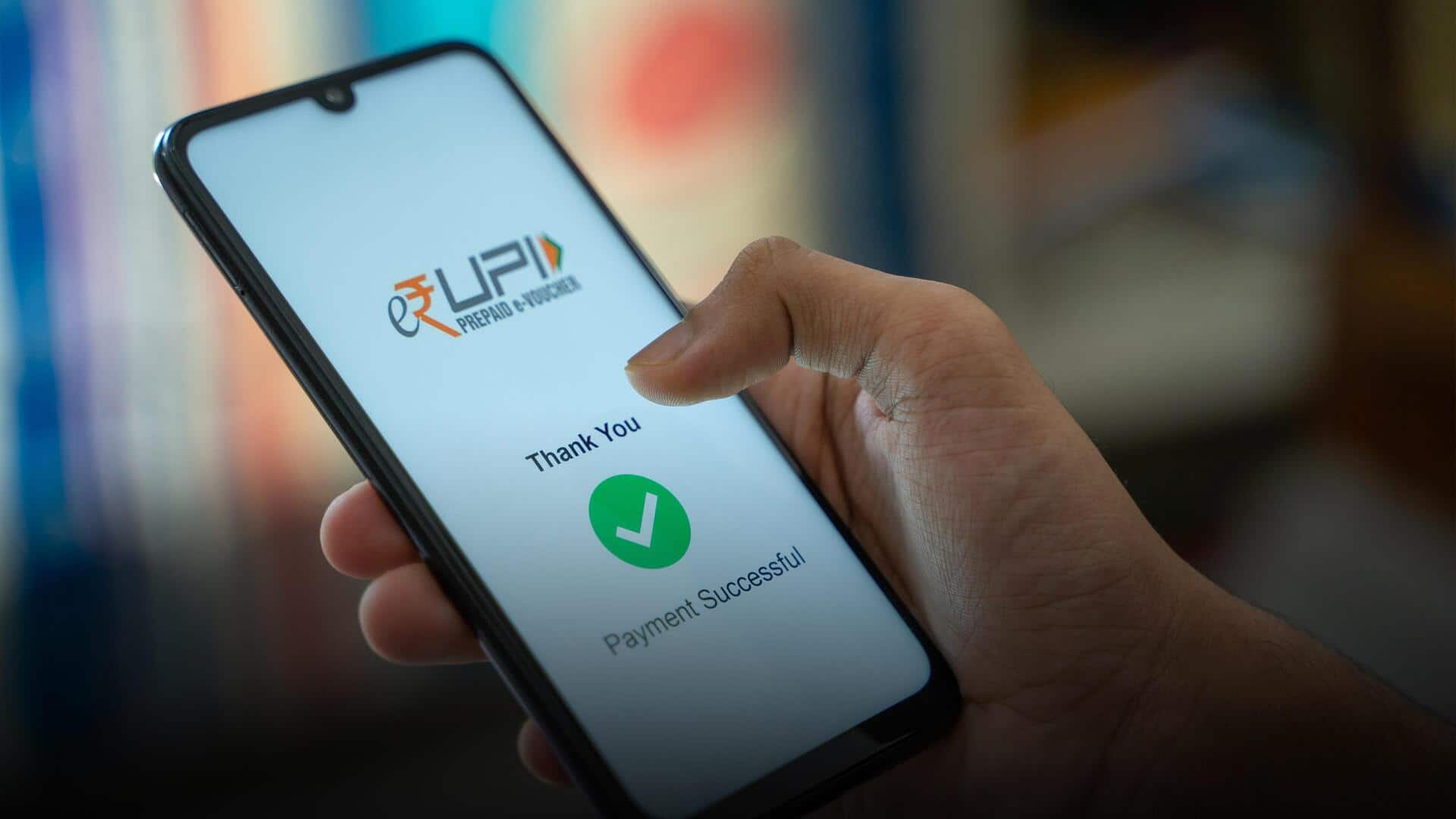
Ghana to embrace India's UPI later this year
What's the story
India and Ghana are fast-tracking the integration of their respective payment systems, Unified Payment Interface (UPI) and Ghana Interbank Payment and Settlement Systems (GHIPSS). This collaboration will facilitate immediate fund transfers between users in both nations. The decision was a key outcome of the Joint Trade Committee meeting held in Accra, the capital of Ghana, on May 2-3.
International expansion
Expanding UPI's global reach and local currency settlement system
The move to connect Indian and Ghanaian instant payment systems is a significant step in India's ongoing efforts to expand the reach of UPI, which is already operational in various countries including France, UAE, Sri Lanka, Mauritius, and Singapore. India and Ghana are also considering a memorandum of understanding on digital transformation solutions and Local Currency Settlement System (LCSS). LCSS enables international transactions between two countries in their local currencies, reducing dependence on a third-party currency like the US dollar.
Trade prospects
Exploring trade opportunities and bilateral relations
The African Continental Free Trade Agreement was also discussed during the meeting, as both nations explored potential opportunities it offers. Several sectors were identified for boosting bilateral trade such as pharmaceuticals, healthcare, ICT, agriculture and food processing, renewable energy, power sector, digital economy and digital infrastructure. In 2022-23, trade between India and Ghana reached $2.87 billion with New Delhi being a prominent investor in various sectors in Ghana including pharmaceuticals, construction, manufacturing among others.
Trade balance
India's gold imports and advocacy for rupee usage
The trade balance between India and Ghana leans toward Ghana primarily due to India's gold imports, which constitute nearly 80% of total imports from the African nation. In the past year, India has been advocating for global use of the rupee. The Reserve Bank of India announced in July 2022 the establishment of a mechanism to settle international trade in home currency, initially used for purchasing discounted oil from Russia.